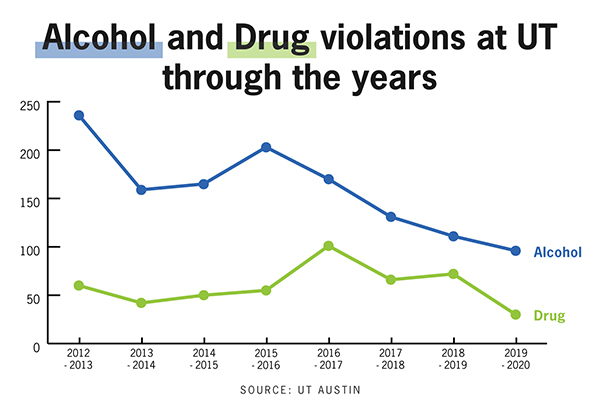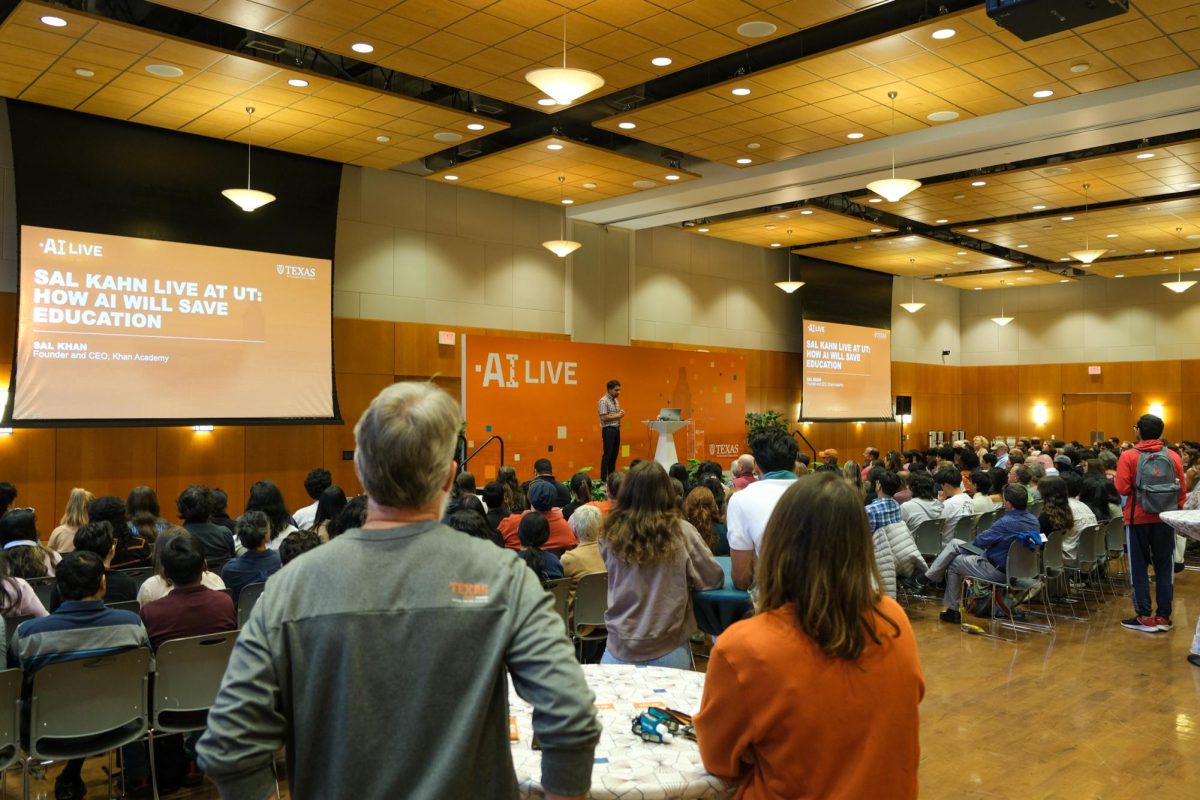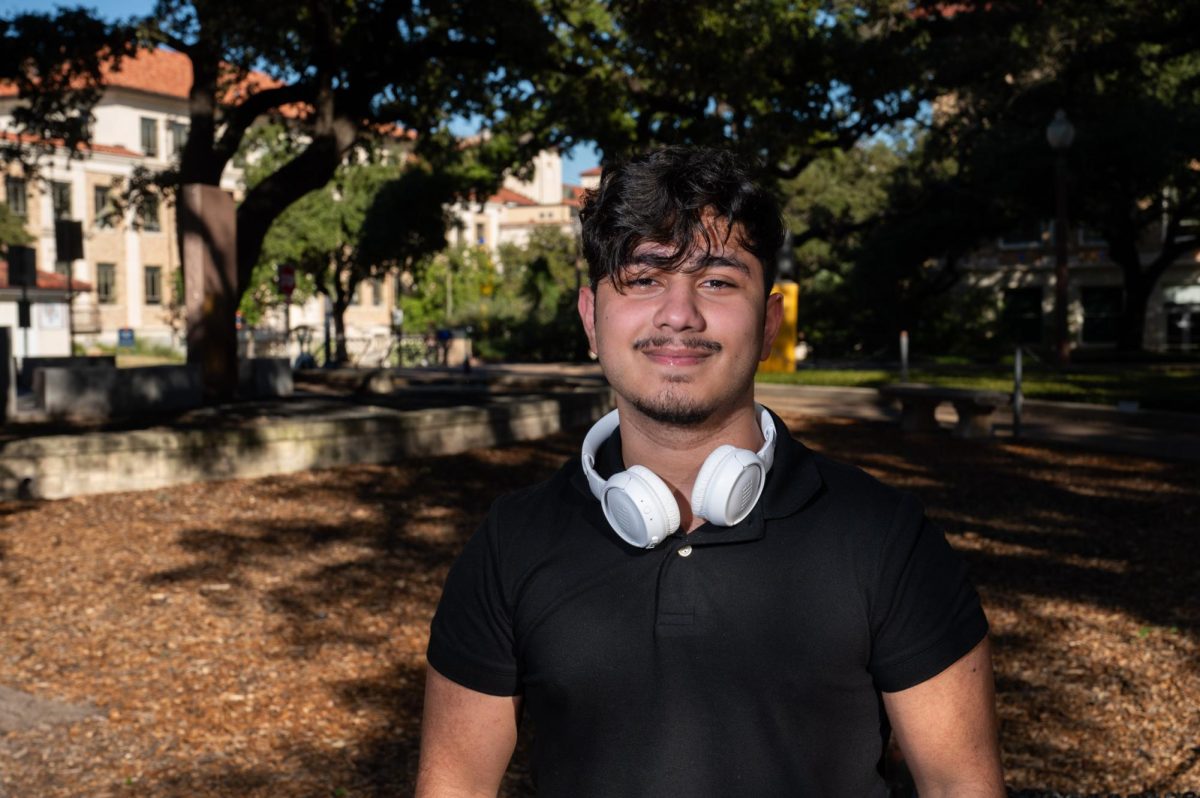UT substance use initiative SHIFT published an open letter to the UT community last Sunday speaking on a drug-trafficking incident that occurred in December 2020, when 13 current and former UT-Austin students were arrested for trafficking counterfeit drugs, according to previous reporting from The Daily Texan.
SHIFT, an initiative aimed at changing the cultural norms surrounding substance use at UT, published the letter to encourage the UT community to join them in raising awareness about substance use on campus, SHIFT director Kate Lower said.
“It felt like this is a community conversation that we need to have, and SHIFT is uniquely situated to start that,” Lower said.
In the letter, SHIFT said they encourage students to stay informed and be responsible if they choose to use prescription drugs not prescribed to them because of the risk of laced products.
“This ring didn’t just allegedly sell prescription drugs to students across Central Texas — they sold incredibly dangerous counterfeit pills, laced with more powerful and potentially deadly drugs like fentanyl,” the letter said.
Students can anonymously obtain free Naloxone from the Forty Acres Pharmacy in case of an opioid overdose, according to the letter.
Shilpa Rajagopal, a student advisory board member for SHIFT, said the letter was a way to bridge the gap between the incident in December and the lack of communication from the University.
“There’s a lot of hesitation around having conversations around substance use,” said Rajagopal, a biology and marketing senior. “This open letter is also filling in that gap in communication … because it happened, but because there was no dialogue about it, we don't want people to forget that this happened. It should be a reason to reinvest in efforts around substance use safety on campus.”
As of Sunday, the letter has received over 131 signatures from students, staff and faculty.
“That’s really positive to me because it indicates that we all play a role in preventing substance misuse, we all play a role in promoting a healthy campus culture, and you see a lot of people that that resonates with,” Lower said.
In the 2018-2019 academic year, there were 111 alcohol violations and 72 drug violations at UT, according to UT’s 2020 Biennial Review for the Drug-Free Schools and Communities Act. In the 2019-2020 academic year, there were 96 alcohol violations and 30 drug violations, according to the review.
Lower said SHIFT aims to reduce the negative consequences substance misuse can have on students and increase the overall well-being of students.
“Those negative consequences really range on a continuum of anything from a missed class, or maybe you’re not performing as well on an exam, all the way to substance use disorders or physical or sexual violence,” Lower said.
Davis Roe, a SHIFT student advisory board member, said SHIFT is not there to tell students they should not use substances, but to inform and change the way people view substances.
“I look at it as individual change —it’s collective, but it’s an individual shift in how we view using substances,” public health junior Roe said. “The goal is to make people reflect about their relationship with substances, why they choose to use substances, and making sure people are aware of and have a healthy relationship with whatever substances they choose or choose (not) to use.”


















